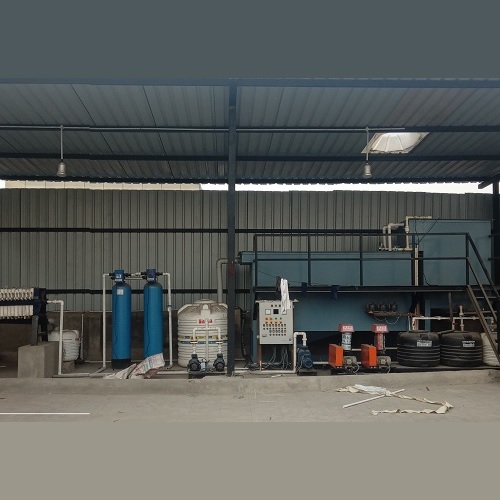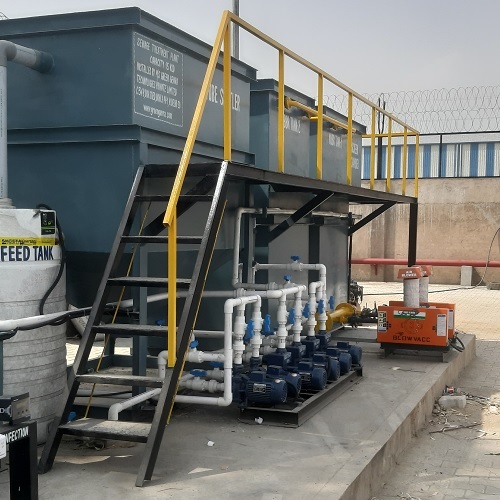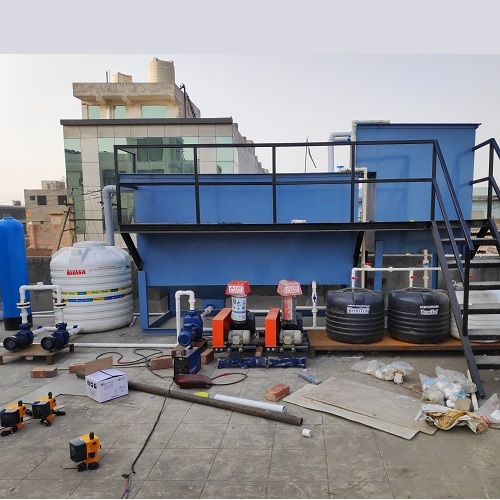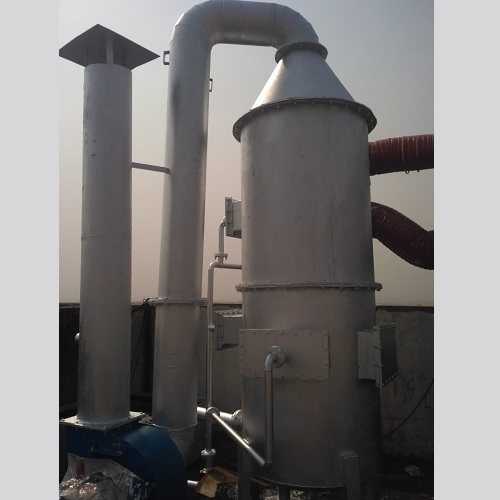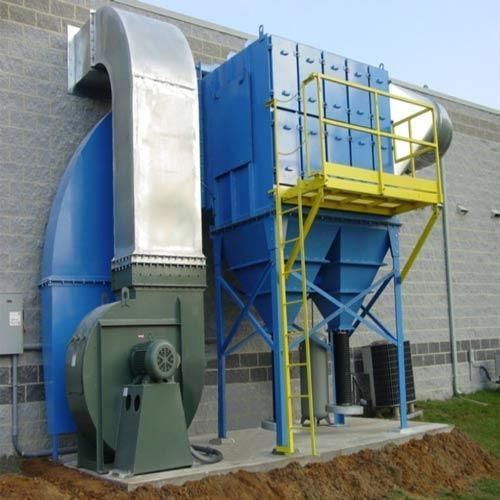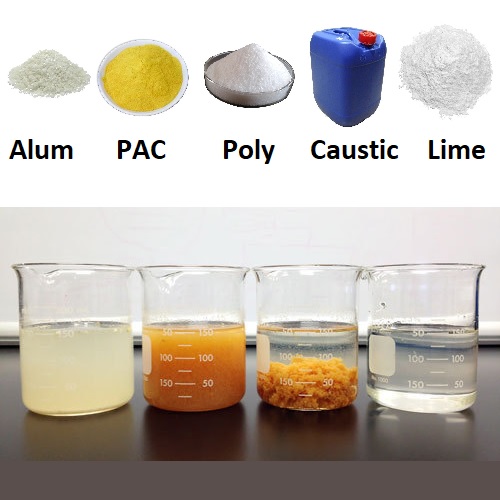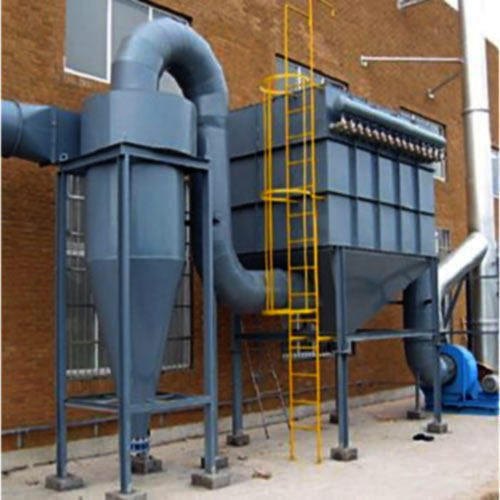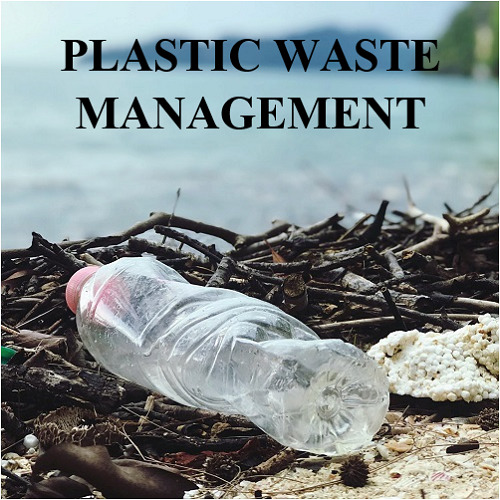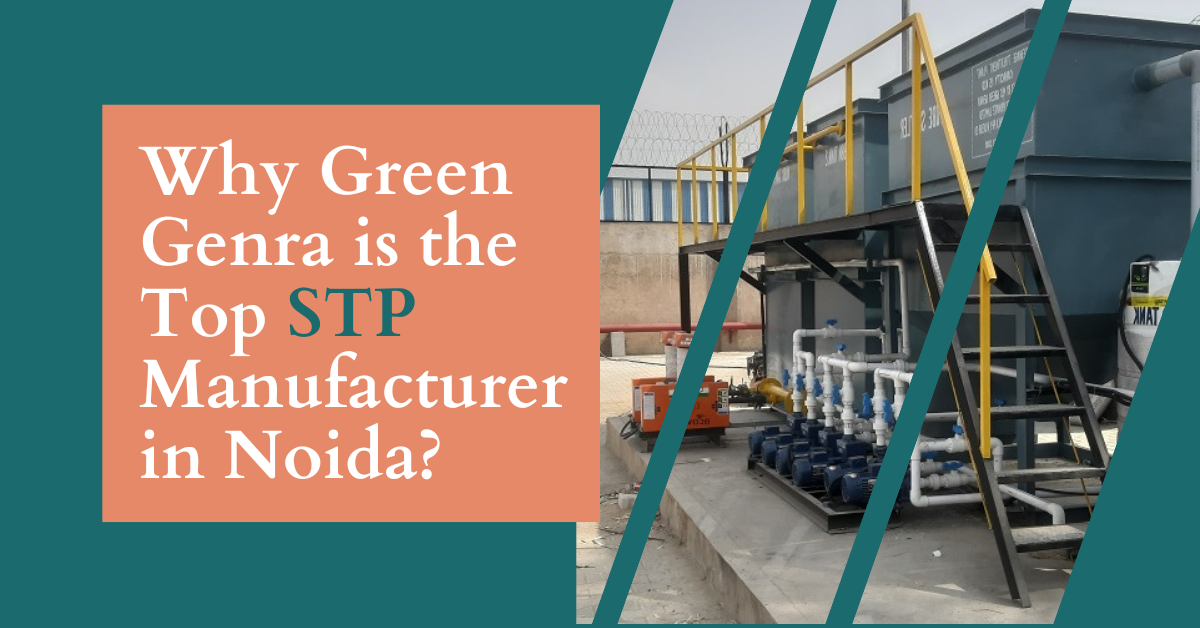Water Expo 2025 in New Delhi 28-30 August 2025 | Pragati Maidan, New Delhi India 20th Everything About Water Expo 2025 ...
The Benefits of EPR for E-Waste
With technology boom in India, there is a widespread adoption of electronic devices from smart phones to computers. However this surge has certain drawbacks that include electronic waste or E-waste.
E-waste contains harmful materials that can harm human health and environment if they are not managed property. Here comes the role of EPR registration for E-waste.
Extended Producer Responsibility for E-waste management is an approach where manufacturers are responsible for the entire lifecycle of their products including take-back, recycling, and final disposal.
What are the benefits of EPR for E-Waste?
- Protection of the environment: One of the most important benefits of EPR is the protection of environment. E-Waste contains harmful substances that contaminate soil and water resources. It is thus very important to dispose them in a proper manner. The registration mandates manufacturers to establish the collection and recycling systems for end-of-life products ensuring hazardous materials are managed safely, minimizing risk of environmental pollution and promotes safe recycling.
- Recycling: EPR registration for E-Waste encourage the development of efficient recycling process. When producers are responsible for the end of life management of their products, they design the products that are easy to recycle. This leads to innovation in product design where the producer focuses on durability, ease of disassembly and the use of recyclable materials. EPR also promotes circular economy where resources are reused and recycled, reducing the need for virgin materials and waste.
- Economic Benefits: EPR can bring significant economic benefits. An organized E-waste management system is created where new business opportunities emerge in the recycling sector. This leads to job creation and the development of green economy. Also, valuable materials can be recovered from e-waste through efficient recycling process. These materials can be reintroduced into the manufacturing process, minimizing the cost of raw materials
- Compliance with environmental standards: Manufacturers adhering to EPR regulations maintain compliance with the environmental norms and can avoid huge fines and brand image damage due to non-compliance. Businesses that are integrating EPR into business models can avoid legal issues and boost CSR profile.
- Minimize the role of informal sector: A significant portion of e-waste is handled by informal sector that lacks required infrastructure and knowledge to manage the e-waste safely. This leads to harmful working conditions and environmental contamination. EPR registration mandates manufacturers to set up formal recycling channels thus minimizing the dependency on the informal sector. By reducing the role of informal sector in e-waste management, one can ensure safer handling of e-waste and formalize recycling industry.
- Enhancing consumer awareness: EPR registration raise the awareness of the consumer about the improper e-waste disposal. When consumers are informed about the potential hazards of e-waste they also participate in responsible recycling process. This increased consumer awareness leads to enhanced recycling wastes and more environmentally conscious community.
EPR for E-waste offers a comprehensive solution to the growing e-waste problem. It provides an all encompassing approach to manage e-waste sustainably. EPR registration E-waste is important to reduce environmental impact of E-waste and contribute to a greener and sustainable future.
FAQs
1. What is EPR registration for E-waste?
EPR Registration mandates manufacturers and producers to comply with EPR regulations and manage the end-of-life disposal of their electronic products.
2. Who is held responsible in EPR registration to manage E-waste?
Manufacturers, producers, importers and brand owners are responsible for managing e-waste in EPR registration.
3. What is the benefit of EPR registration for E-waste?
EPR registration for E-waste ensures responsible recycling and disposal. It reduces environmental pollution and promotes sustainable waste management.

































Ghaziabad has witnessed an increase in several industries in the past few years. The continuously rising population and a gro...
Effluent Treatment Plant (ETP) from reliable ETP Plant Manufacturers play a key role in reducing industrial pollution by trea...
With the increasing levels of water contamination in Ghaziabad because of growing industries and a growing population, wastew...
Green Genre is one of the best STP manufacturers in Noida that designs, produces and installs sewage treatment plants in vari...
Effluent Treatment Plants or ETPs are important for industries in Ghaziabad to ensure environmental compliance ensuring effec...
An effluent Treatment Plant or ETP is a crucial investment for industries seeking to manage wastewater according to environm...





